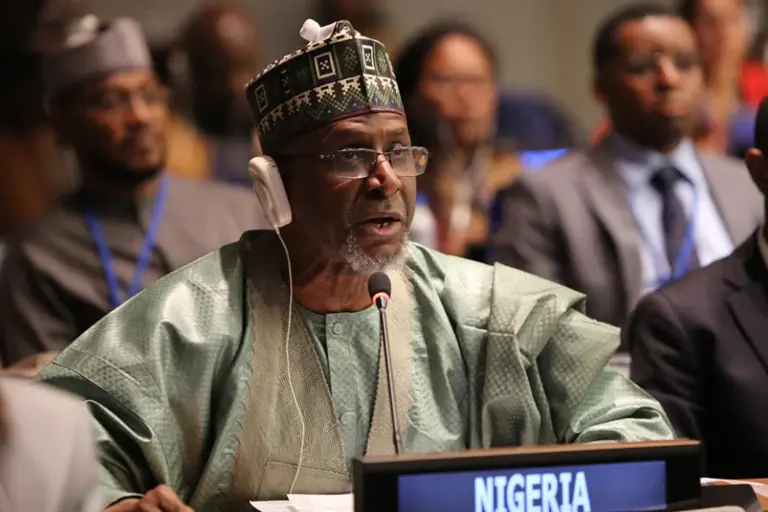As part of a broader push to reshape its economy and support environmentally friendly initiatives, Nigeria is set to raise $186 million through green bond issuances before the year ends, according to Environment Minister Balarabe Abbas Lawal.
Speaking to journalists in Abuja on Wednesday, Lawal revealed that a 50 billion-naira ($31 million) green bond will be offered in the coming two weeks, with a second tranche worth 250 billion naira scheduled for October.
Lawal expressed confidence in the outcome, saying, “We’re working closely with partners including the European Union, the World Bank, the Ministry of Finance, and the Debt Management Office. I can assure you both offerings will attract strong investor interest.”
He also disclosed that plans are underway to float a dollar-denominated green bond next year, although further details were not provided. Proceeds from the bonds will support key sustainable development goals, such as expanding access to clean water, eco-friendly transport systems, and renewable energy infrastructure.
Nigeria, Africa’s leading oil producer, is aiming to transition its economy away from a heavy dependence on fossil fuels. Oil currently constitutes more than 80% of the country’s export income. However, recent volatility in global oil markets has strained the nation’s fiscal projections.
With the 2025 budget based on a benchmark oil price of $75 per barrel, and the sector’s break-even point estimated around $50 per barrel, economic analysts, including Ayodeji Dawodu of BancTrust & Co Investment Bank, warn of heightened risks to fiscal stability and growth.
At 4 p.m. in London, Brent crude was trading at $61.67 per barrel, reflecting a 0.8% dip.
This upcoming round of green bonds builds on Nigeria’s previous forays into climate-focused financing. The country has already issued at least two green bonds, including a 15 billion-naira note due in 2026. Originally launched in 2019 with a 14.5% coupon, that bond was designed to fund projects like solar farms, wind energy, reforestation, and irrigation systems. Its yield has declined by over 200 basis points, falling from 21.87% in February to 19.72%, signaling improved investor confidence in Nigeria’s green initiatives.


